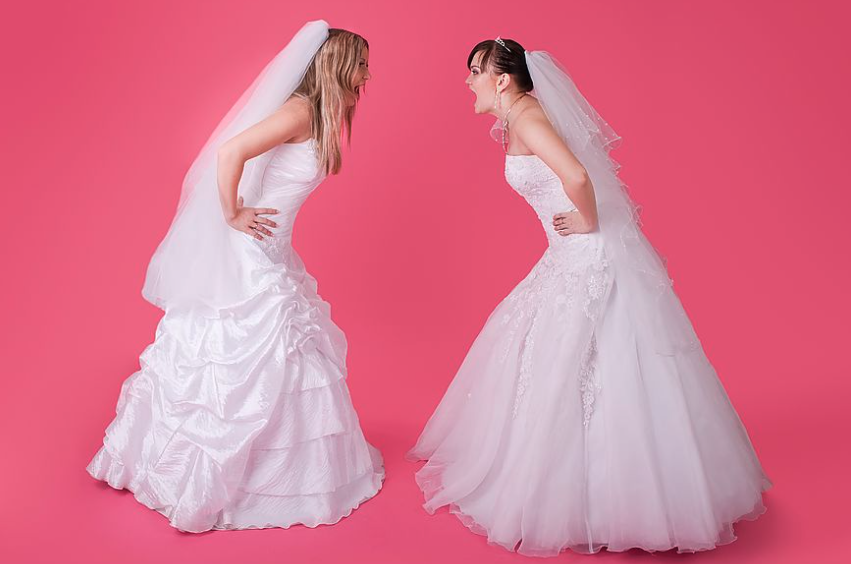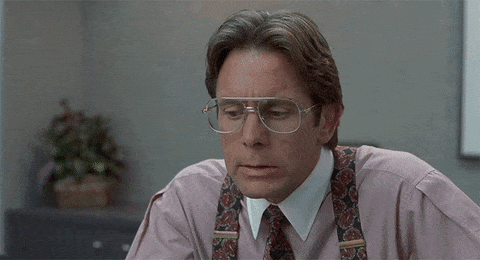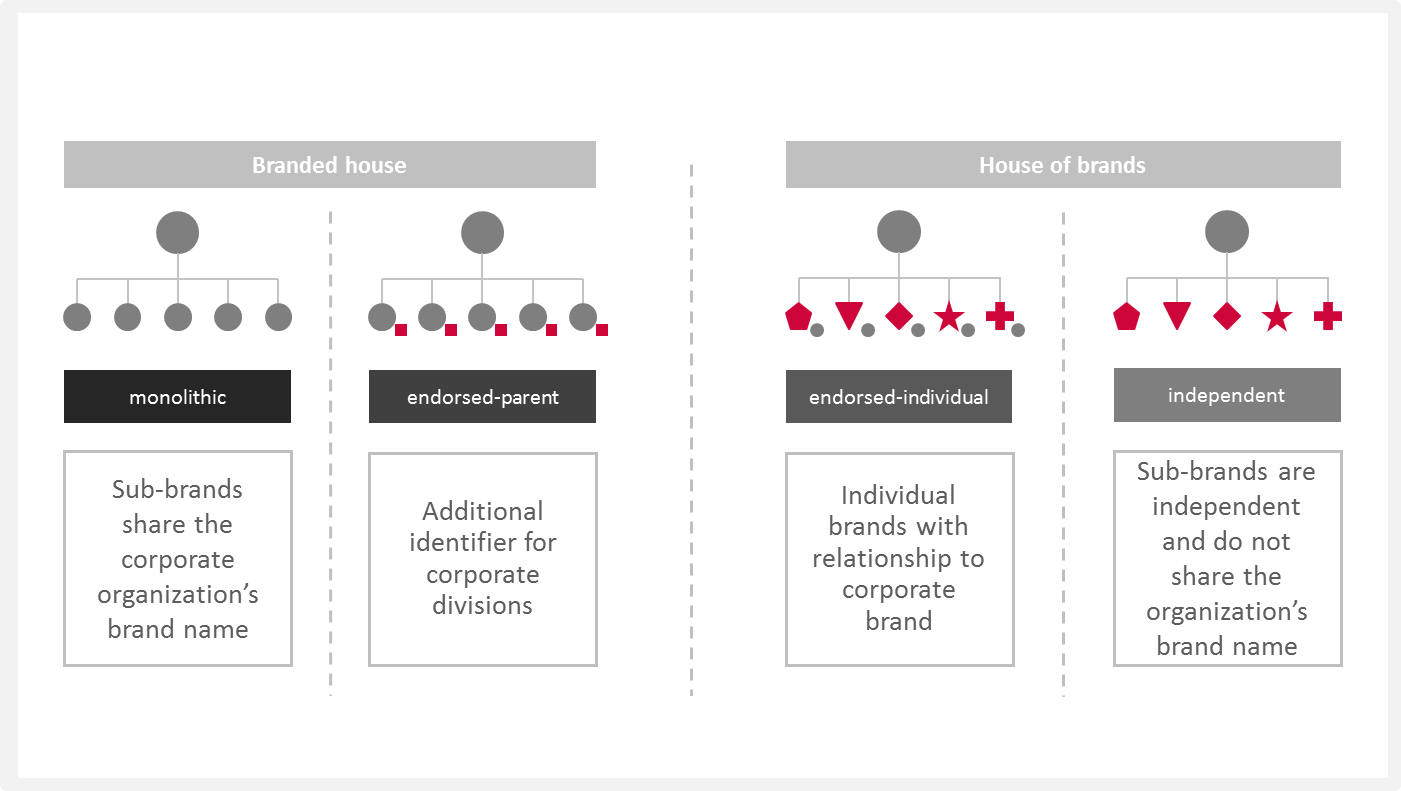6 Key Questions to Answer Before Developing a Brand
December 18, 2019 at 12:00 AM

Who are you, anyway?!
There is much that can be said about the branding process, most of which makes it feel daunting or overly complex. We aren't going to lie to you. If you have limited experience dealing with branding concepts, or even if you have experience, the process can be confusing, time-consuming, and expensive in a landscape fraught with pitfalls.
The first and most obvious suggestion is to find and collaborate with a good partner who can not only create deliverables (like a name, a logo and a color palette), but who can also help guide you in determining the answers to several key questions regarding the characteristics of your brand.
It is through these answers that both you and your creative partner will better understand your brand and help form the components of it, ensuring it is representative and relevant.
Imagine you hired a fashion designer to style you for a major event. Yet, your brief discussions never addressed where you were going or the type of event, your role at the event, who else would be there and what they might wear, how you would like others to perceive you or any other expectations.
They could surely still produce an exquisite outfit based on your likes and dislikes, but there might be some confusion or poor response when the bride isn't the only one wearing a fabulous gown to the wedding. (For this example, let's leave out gender stereotypes and just imagine an excessive amount of lace, taffeta and 80s poof.)

I think it is safe to say that you don't want your branding project to follow this example, so let's talk about how to avoid that.
We already discussed finding the right creative partner, but there are several key questions to contemplate and start defining as you take your first steps. In addition to guiding you through the process, your creative partner can be good at bringing an unbiased opinion as well as help the team find your brand's truths since humans can struggle with keeping their objective goals separate from their subjective tastes.
So, with that said...
Here are 6 key questions to answer before developing your brand:
The considerations you bring to answer these questions will vary based on the circumstances around your brand's development, so let's start with an "easy" one that will apply a lens to the others that follow.
1. Where is your brand coming from?
Is it the birth of something, say... "brand new," is it a change to something that has already been in existence? If it is the latter, are you planning a refresh or revamp an evolution or revolution?
There are a vast number of considerations just within that last part of the question, but don't forget to factor in the answer to this next question as well.
2. Who are your audiences and what do they think of you?
Do you need new audiences? Do you want your audiences to think of you as new? What kind of equity do you have with your audiences, and on the flipside, what kind of baggage might you be bringing that requires consideration?

You may have equity or name recognition that is important to keep, or visual recognition, so be sure to consider how your audiences will react to the change. Dive into your brand positioning and make sure to identify your blind spots.
Do not forget your internal audiences as well. Think of those that will represent this brand and who will have input in the creation. Will they be champions or detractors? What will be your internal review process? Are you sure?
It would be hard to count the number of times clients did not involve executive leadership or boards of directors early on (per their own request), only to have surprise contributions from this group steer things in a different direction at an advanced stage in the project...

3. What is your brand's history and arc?
What is the story that explains how your brand came to be and where your mission, vision and values fit into the equation?
There is so much energy that is put into the specific words that form those often forced and convoluted thoughts. Don't lose sight of why you do what you do, where you come from and where you are going.
4. What is your brand archetype? How does it affect your tone and presentation?
Although there are quite a few types of brand categories (such as Service Brands, Personal Brands or Product Brands), we are referring to the archetypes, like the classic archetypes of literature. It is important to imagine your brand as a character, where the archetype helps to define some of the motives and desires, strengths and weaknesses of your brand.
5. What is your brand character and personality?
What are the true adjectives that help convey the personality to someone who doesn't know it? If it were a historical figure, who would it be and why? Maybe try the same questions for what type of car, what type of animal, what other brand embodies similar characteristics?
Often it helps to make two lists: the first referring to what the brand is and a second to what it is most definitely not.
6. What is your brand architecture?
Do you have sub-brands, whether those are companies, services or products? How do they all fit together? Are there different audiences? Which is more important unity and association, or diversity and distinction?
The answers here will inform what type of brand architecture model is appropriate and how those brands are treated hands off, or molded from the same clay.

While these questions surely pose a challenge to answer, the payoff is a defined foundation on which your brand will be built. Hopefully you will find solace in the knowledge that no matter the size of your organization or experience, everyone must go through the same daunting process.
It's normal to feel some fear of brand development when kicking off the project. As Carol Neiger puts it simply: "if it feels a bit scary that is actually a good thing." That means your brand is growing.
You'll find spending the proper time upfront digesting the questions and soliciting answers from those involved in the process will yield a more clearly defined, successful brand in the end.
Find a creative partner who can help you discover these answers with their research and branding exercises. Steer clear of the taffeta and lace.
Comments
Questions or comments? Join the conversation!